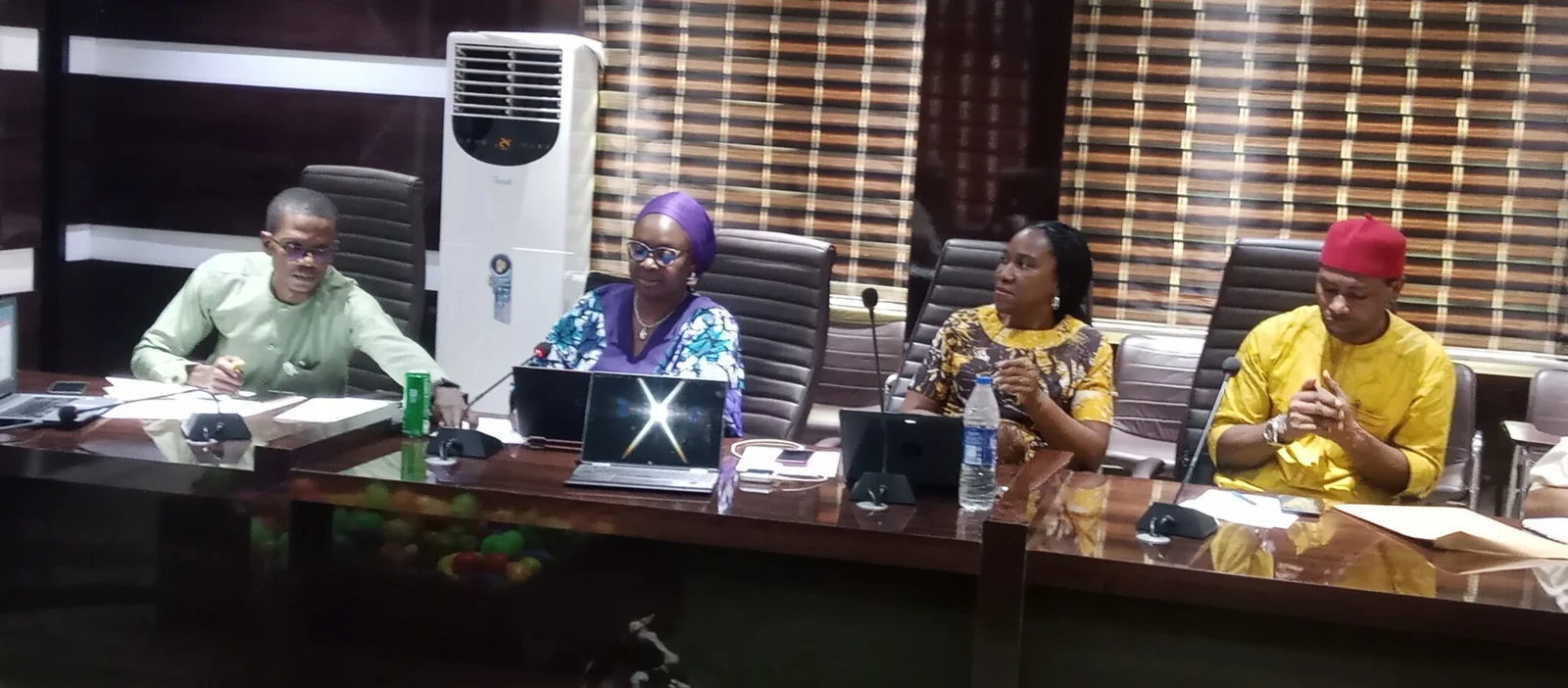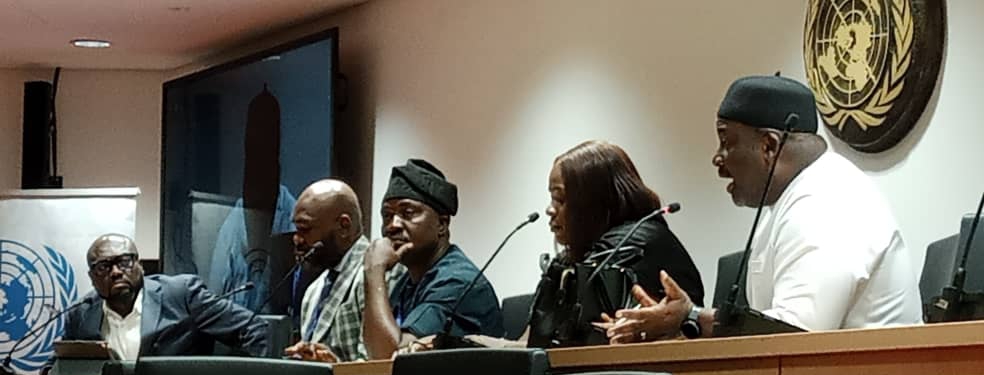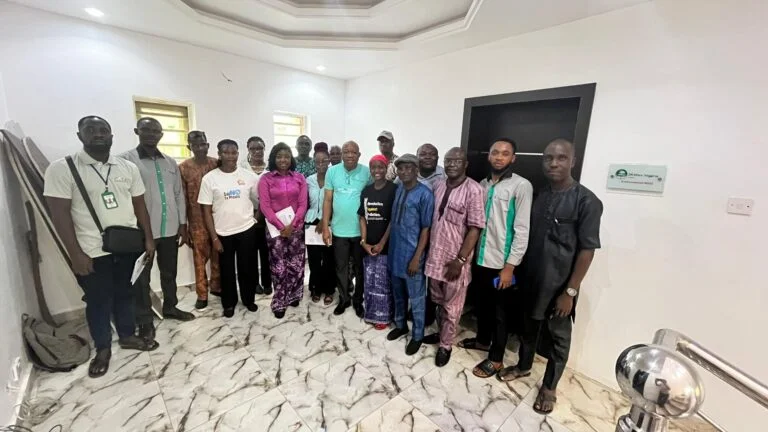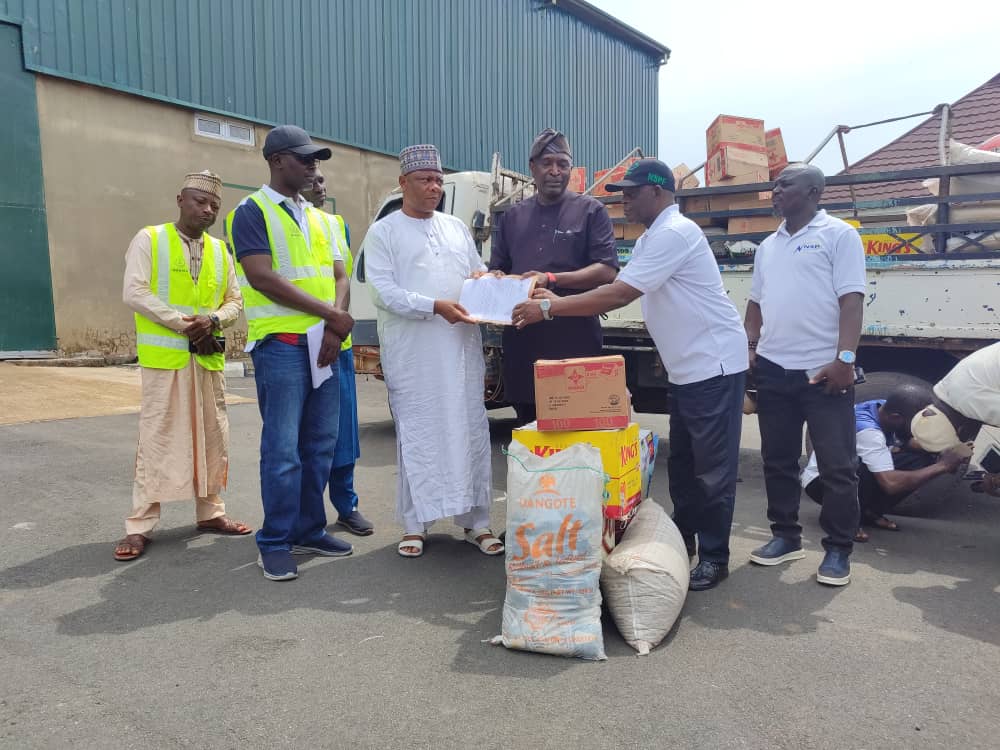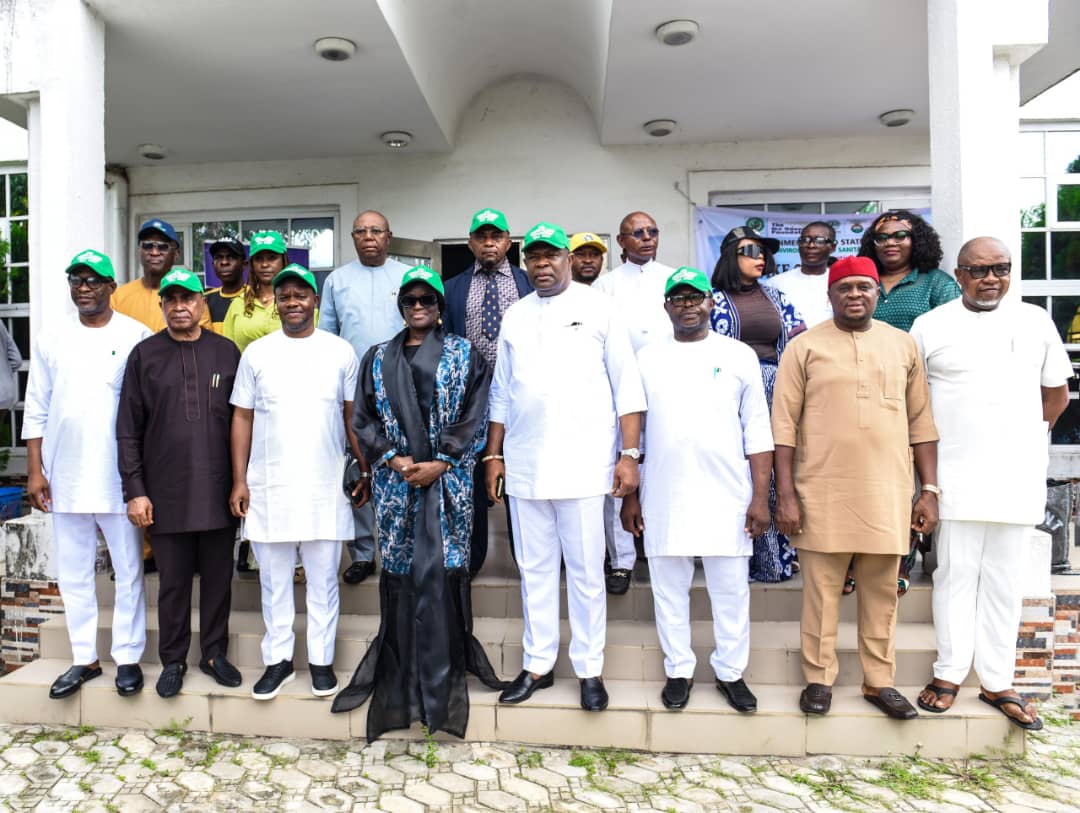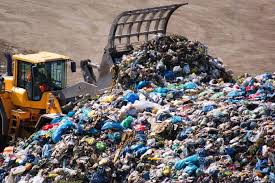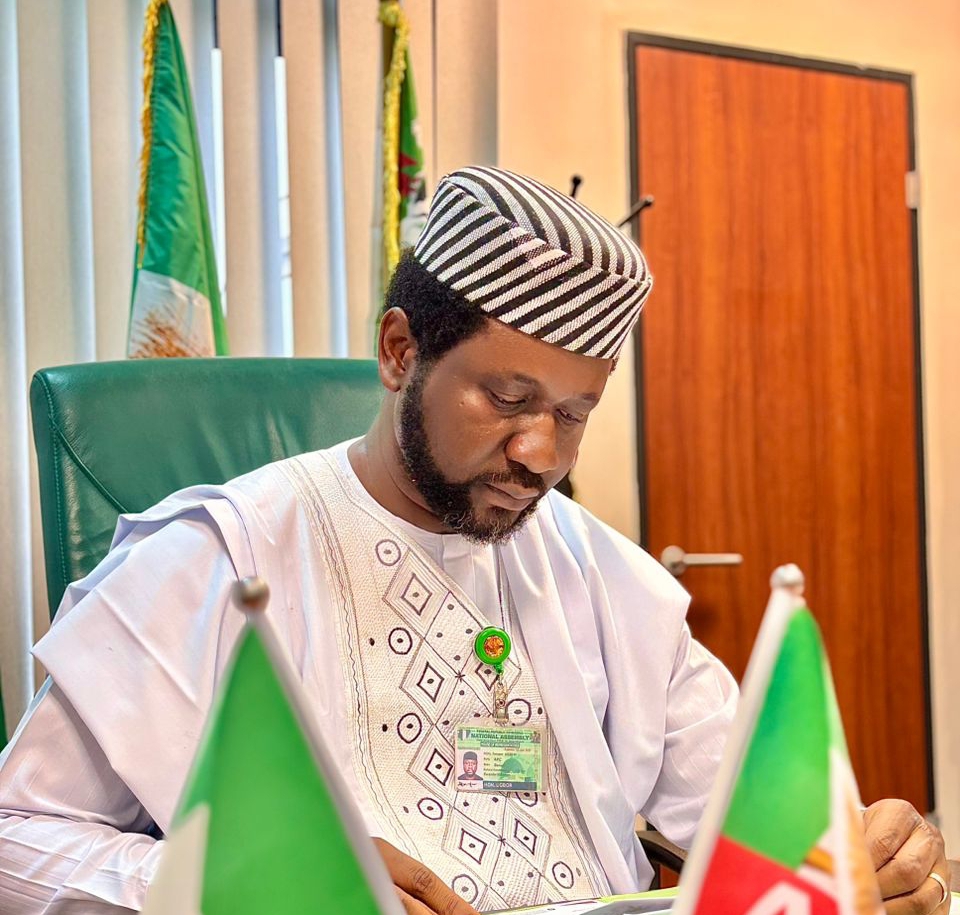Researcher develops gender-responsive tool for climate change
By Felicia Imohimi
Dr Chinwoke Ifeanyi-Obi, a researcher and lecturer at the University of Port Harcourt, has developed a Gender-Responsive Smart Monitor (G-SMART) tool to track gender inclusion in agricultural adaptation initiatives.
Ifeanyi-Obi, the university’s Acting Head of the Department of Agriculture Extension and Development Service, said the tool aimed to ensure that policies moved beyond intent to measurable action.
She made the remarks at a stakeholders’ validation meeting on the Gender Responsive SMART Framework, on Saturday in Abuja.
“The G-SMART monitor is a simplified framework designed to achieve two objectives: providing real-time assessment of gender responsiveness in climate change policies and evaluating policy implementation from the beneficiaries’ perspective,” she explained.
In her presentation, she said the G-SMART monitor was part of her Policy Innovation Project (PIP) under the ongoing Gender Responsive Agriculture Systems Policy (GRASP) Fellowship.
The News Agency of Nigeria (NAN) reports that the GRASP Fellowship is a career development programme targeting mid-career African women in the policy field.
It aims to catalyse the design and implementation of gender-responsive agricultural policies across Africa.
The fellowship is funded by the United States Agency for International Development (USAID) and implemented by African Women in Agricultural Research and Development.
Ifeanyi-Obi described the G-SMART framework as a gender analytical tool for assessing the gender responsiveness of climate change policies and programmes in the agricultural sector.
According to her, Nigeria, being a climate hotspot, is facing growing risks to food security and rural livelihoods, with projections indicating that climate change could lead to a 30 per cent drop in crop yields.
She said, “The menace could also reduce Nigeria’s Gross Domestic Product by six to 30 per cent by 2050.”
Ifeanyi-Obi lamented that women and girls were disproportionately affected, with climate risks exacerbating existing gender inequalities.
“In Nigeria, women make up 60 to 79 per cent of the rural agricultural workforce, yet men are five times more likely to own land.
“Although the government has made efforts through various ministries to address gender gaps in climate adaptation by enacting policies and frameworks, implementation remains a challenge.
“Many existing policies lack specific measures and actionable strategies to effectively address gender inequality, hence the need for the G-SMART tool to bridge this gap.
“The framework will not only support responsible governments in adhering to gender commitments in existing policies but will also guide the development of new policies toward gender responsiveness,” she added.
She categorised the framework into two sets of indicators: those measuring gender responsiveness in climate change adaptation, and those assessing successful gender-responsive policy implementation.
Ifeanyi-Obi said the first section comprised 12 thematic areas of climate change that required gender mainstreaming to foster equality in adaptation policies and initiatives.
“These include involvement in decision-making and leadership, access to improved farm inputs and climate-resilient crop varieties.
“Other thematic areas are access to climate information and services; access to and ownership of agricultural assets including land; access to climate finance, credit finance, and insurance.
“Also, capacity building and education on climate adaptation,” she said. (NAN)(www.nannews.ng)
Edited by Esenvosa Izah/Abiemwense Moru




